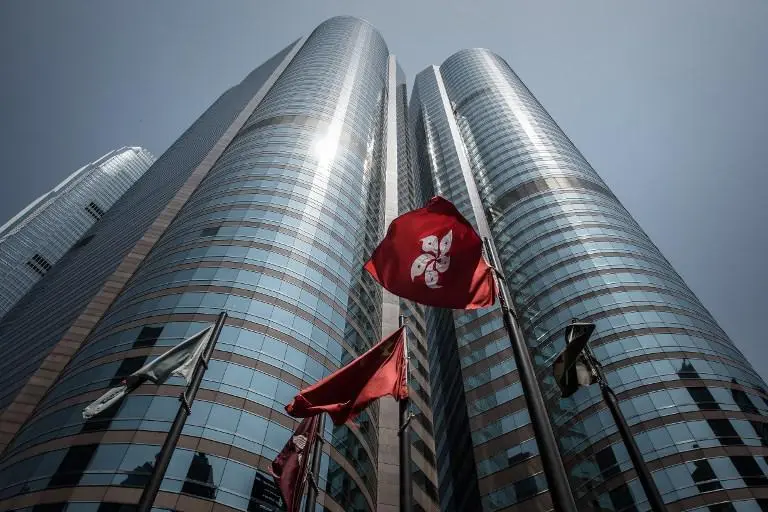In January, China’s stock market experienced a significant shift as foreign investors withdrew a net amount of 14.5 billion yuan ($2 billion) from mainland shares.
According to Nikkei Asia, this marked the largest outflow since the 2014 inception of the Hong Kong-mainland Stock Connect.
Starting in August 2023, this trend has led to six months of continuous net selling, the most intense since the Connect’s launch.
Despite Beijing’s efforts to stabilize the market, including reducing the bank reserve ratio and suspending stock borrowing for short selling, investor confidence remains shaky.
These government interventions have not effectively strengthened corporate earnings, which are essential for attracting and retaining investors.
Certain sectors in China, like consumer discretionary and industrials, offer growth opportunities with double-digit profit growth and valuations below historical levels.
However, weak foreign sentiment towards China persists, driven by geopolitical risks and operational challenges.
These factors could impede the market’s expected 15% earnings growth in 2024.

Year-to-date, China and Hong Kong are among the worst performers in Asia. Goldman Sachs reports 10.9% and 9.8% losses, further highlighting the markets’ difficulties.
Investors’ selling patterns reveal a selective approach. The most sold stocks include BYD, PetroChina, and East Money Information.
In contrast, Zhongji Innolight, Midea, and COSCO Shipping attracted the most buying interest.
The situation with China Evergrande, facing a windup order, adds to the market’s complexities.
Outcome of Evergrande’s asset handling
The outcome of Evergrande’s asset handling will impact foreign investment decisions and their future engagement with Chinese capital markets.
This period reflects the interconnected nature of China’s economic policies, market health, and global investor sentiment.
The ongoing developments are crucial indicators of investor confidence and the overall health of China’s stock market.
They also underscore the importance of government measures in shaping market dynamics and investor perceptions.

